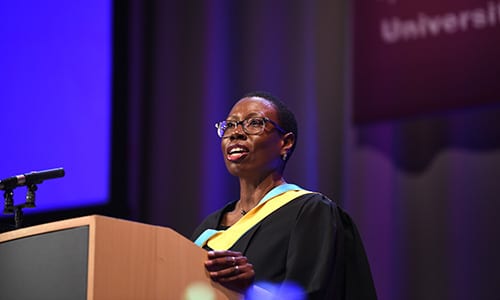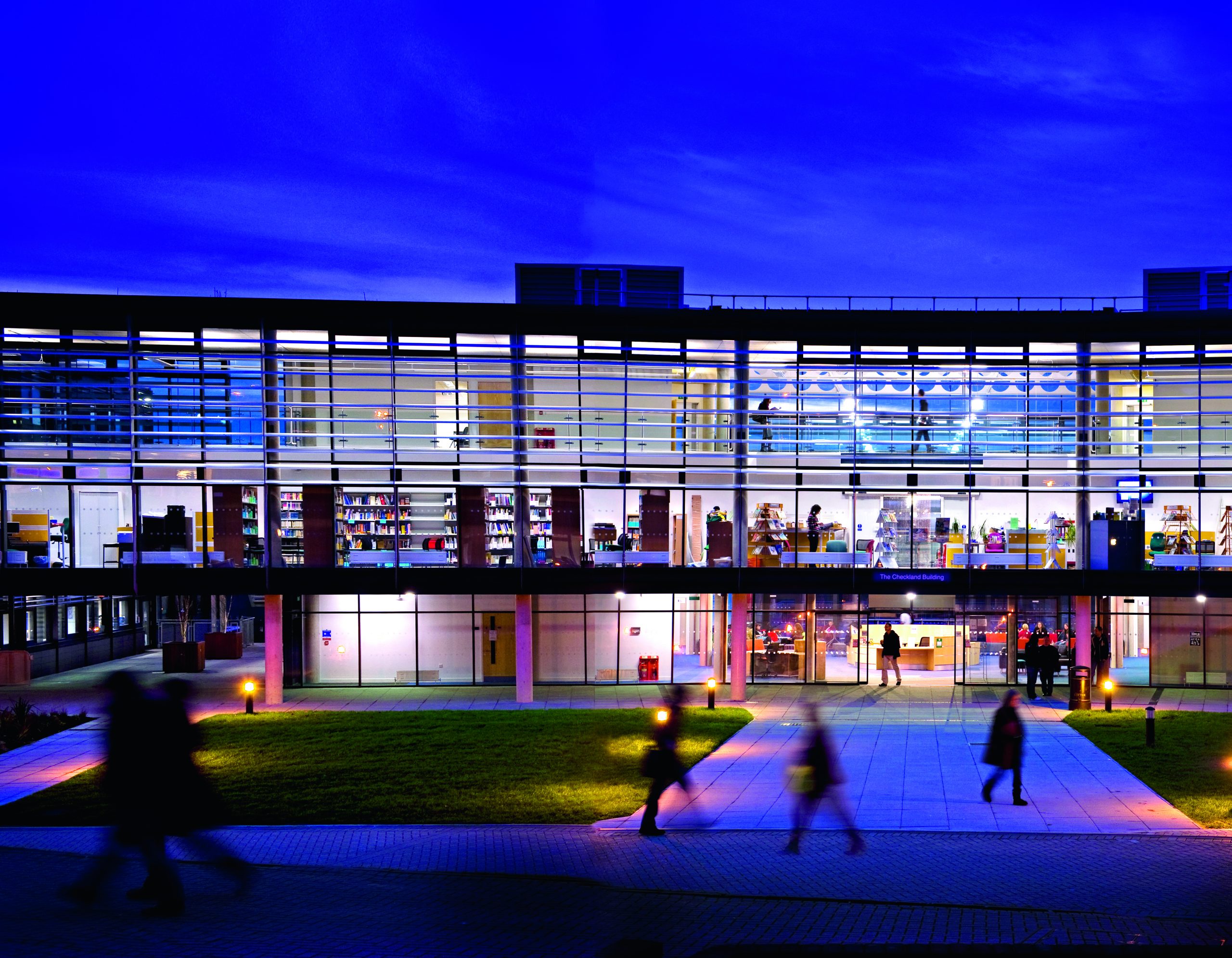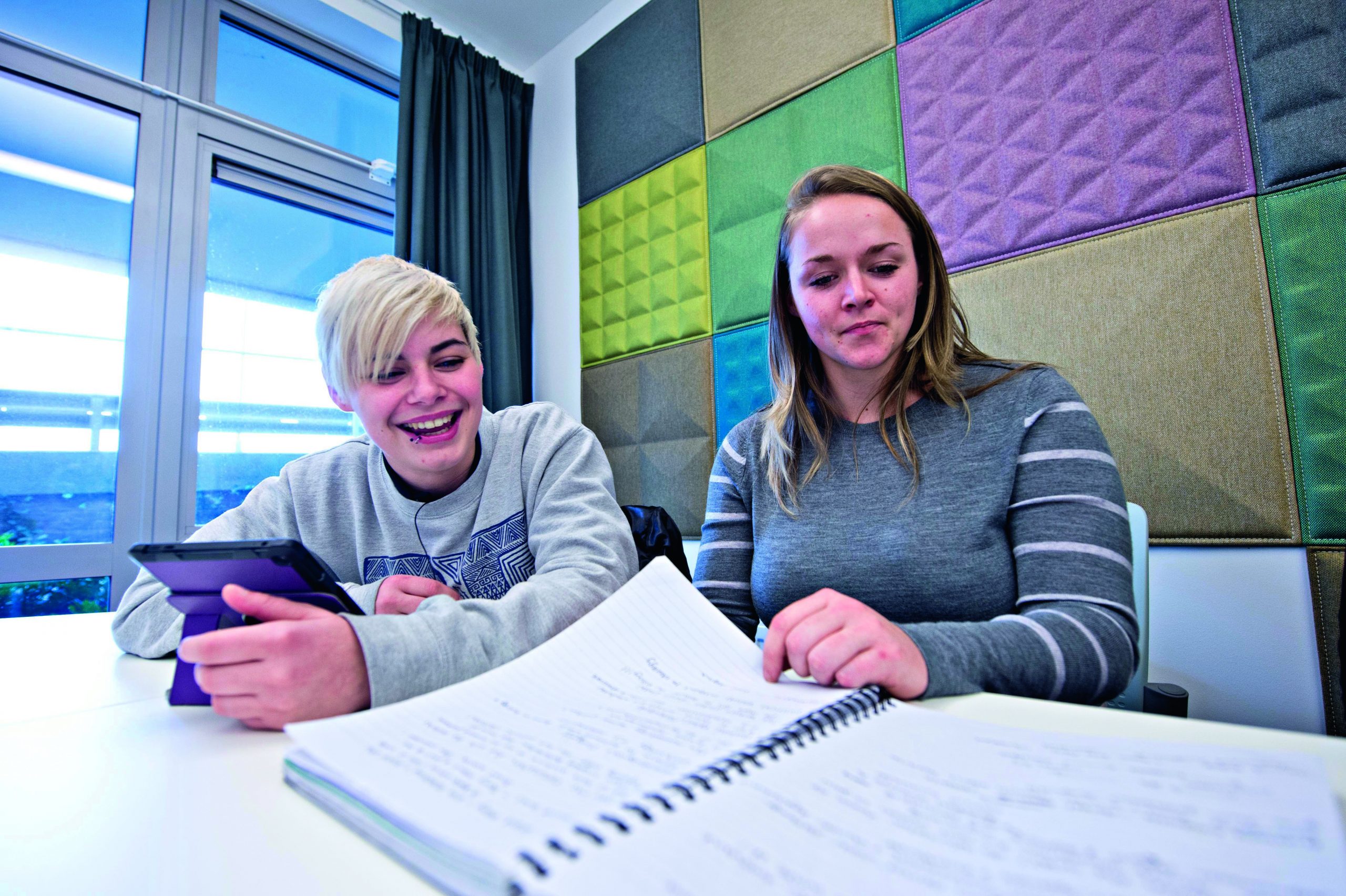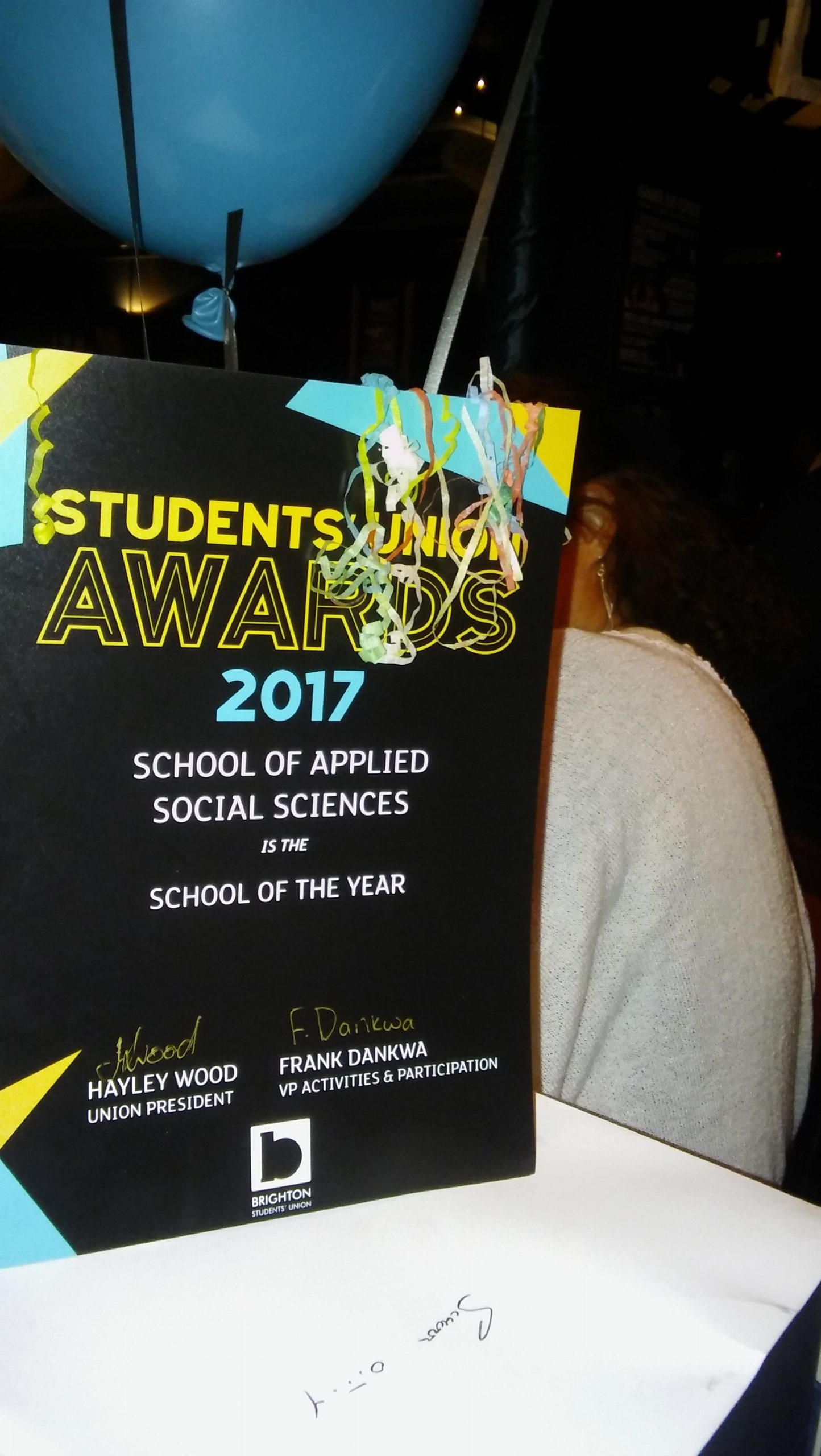Whether you are an art historian or a psychologist, a creative writer or a criminologist, as a student in our school you will be studying in our newly renovated Mithras House building. Why not take a look round?
Continue reading “Take a look at Mithras House, home to our Humanities and Social Science courses”


























